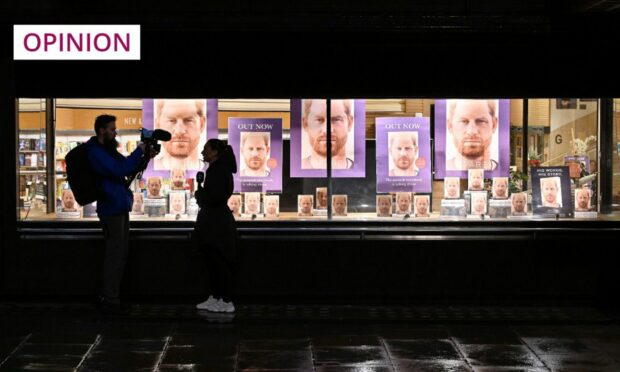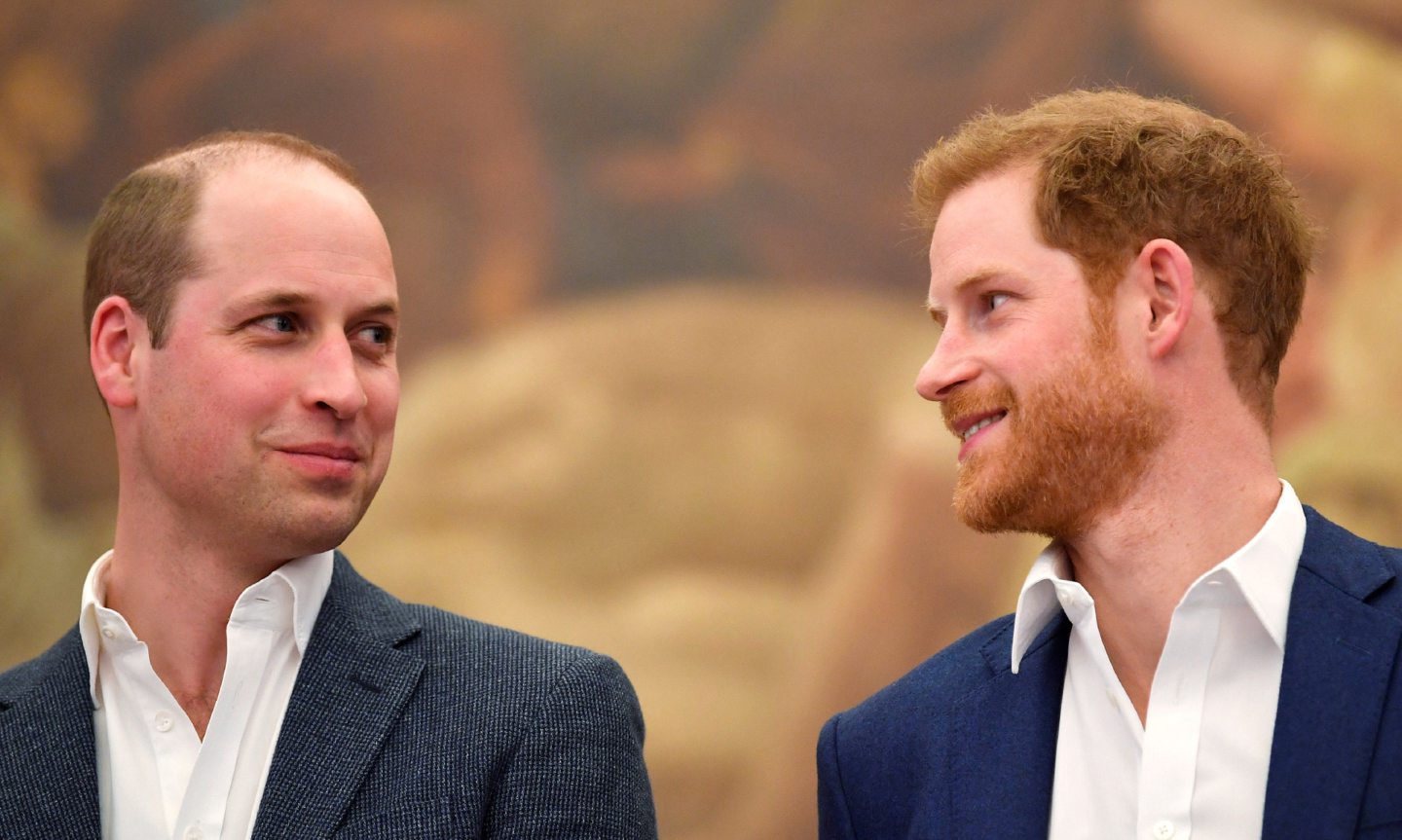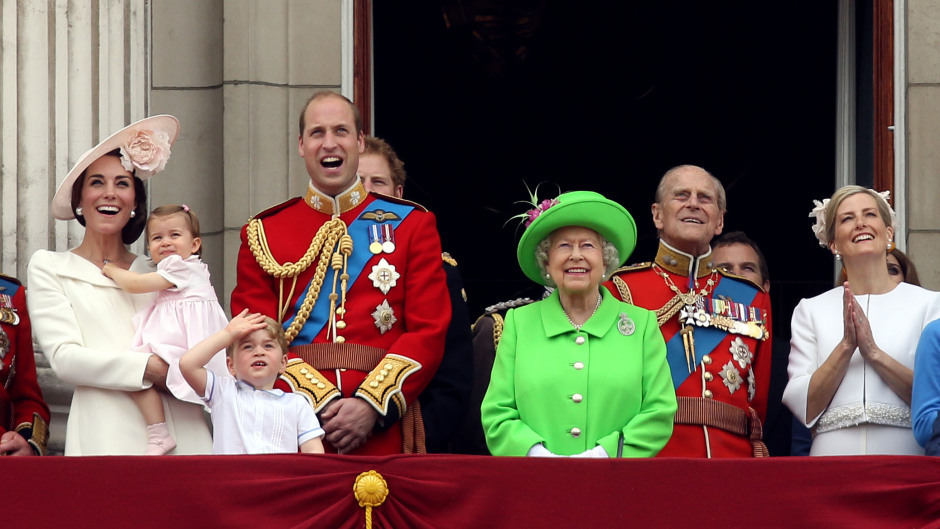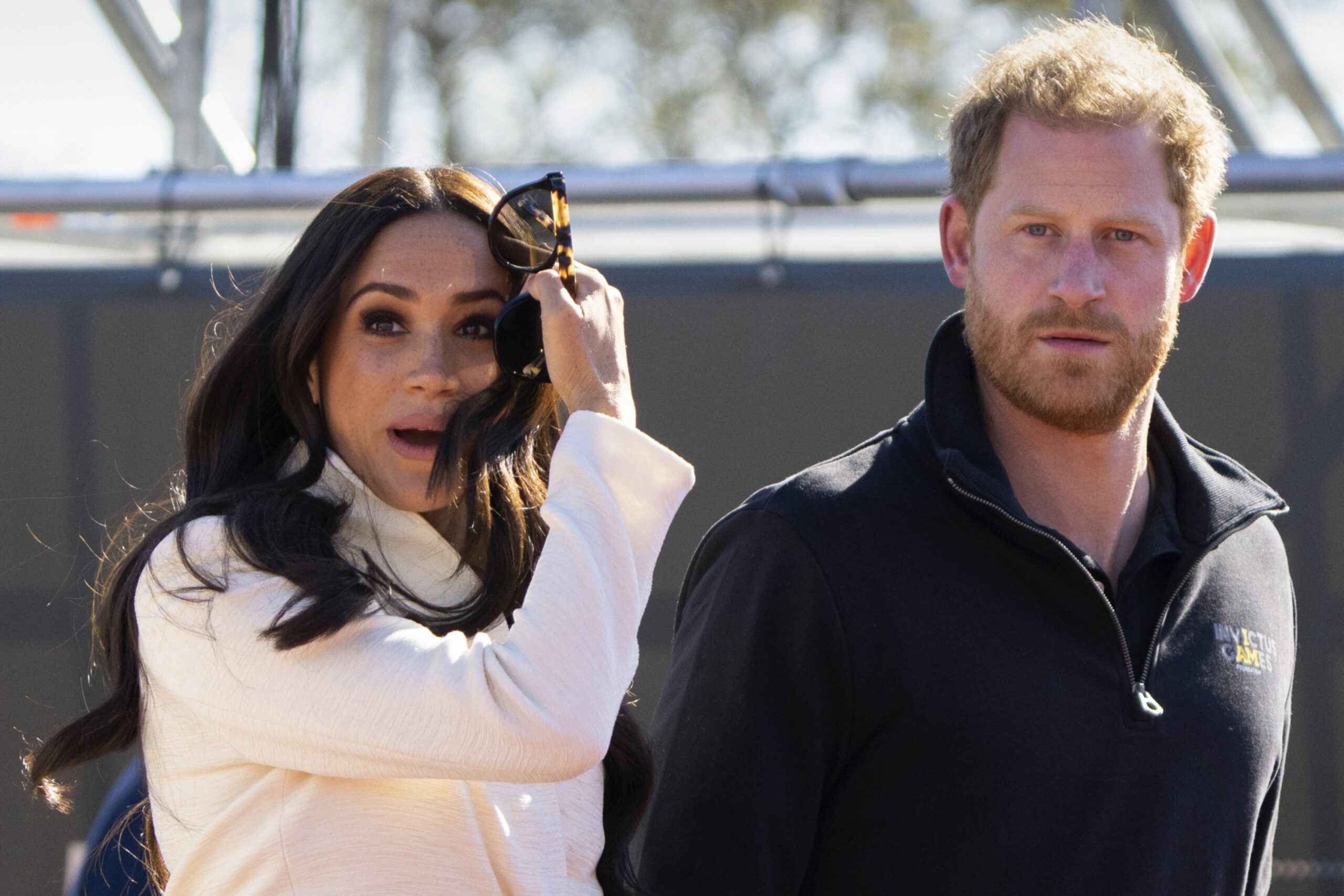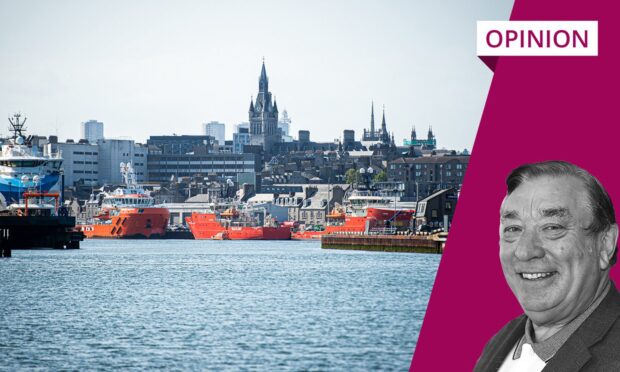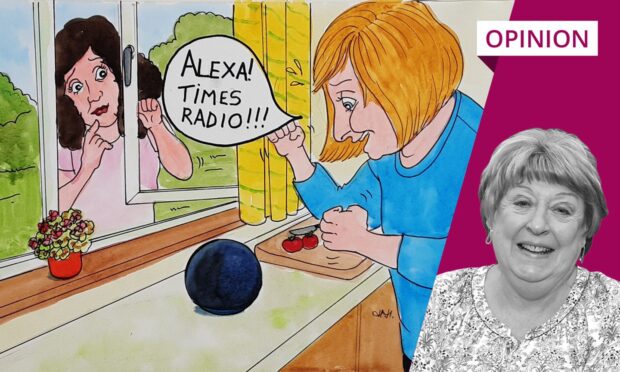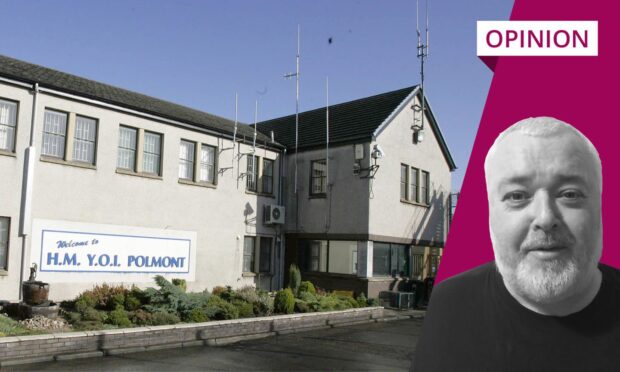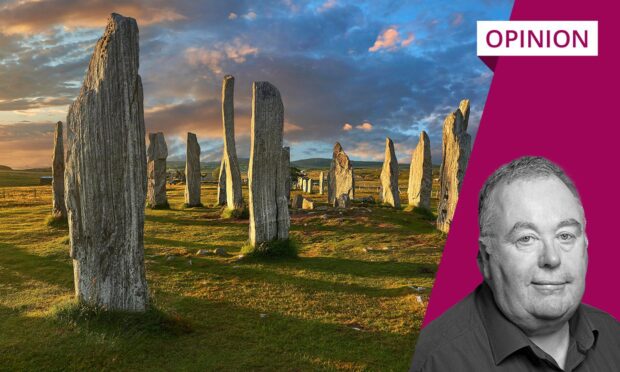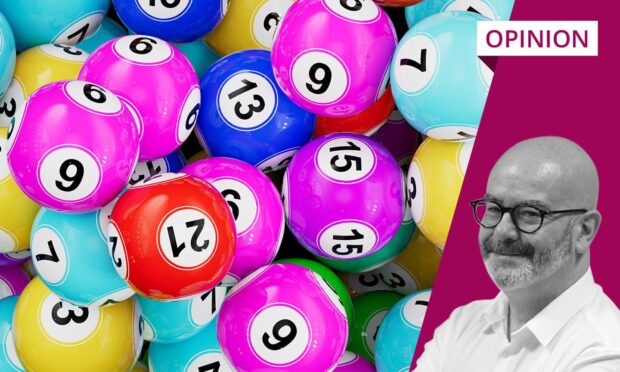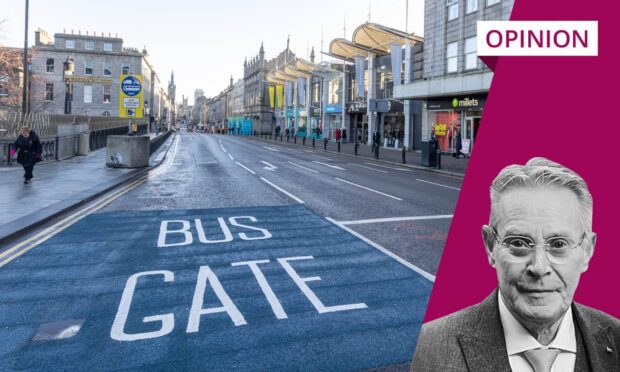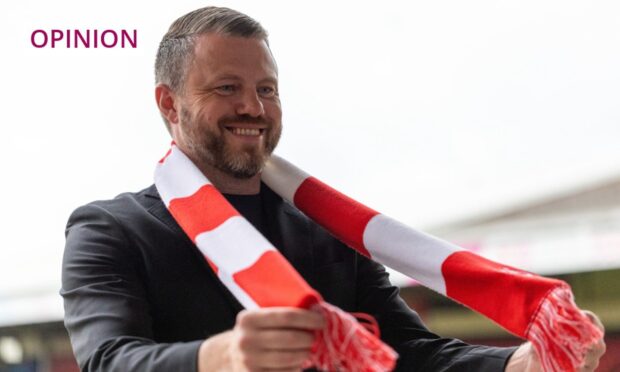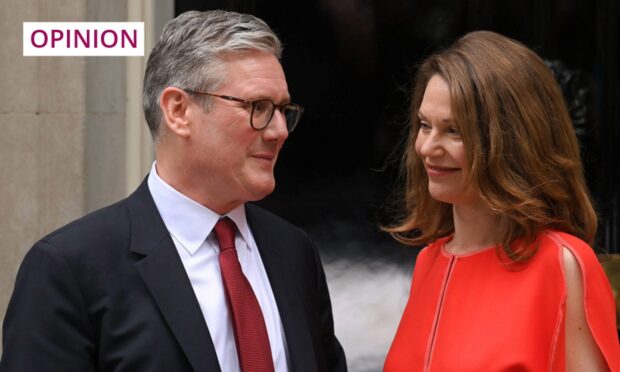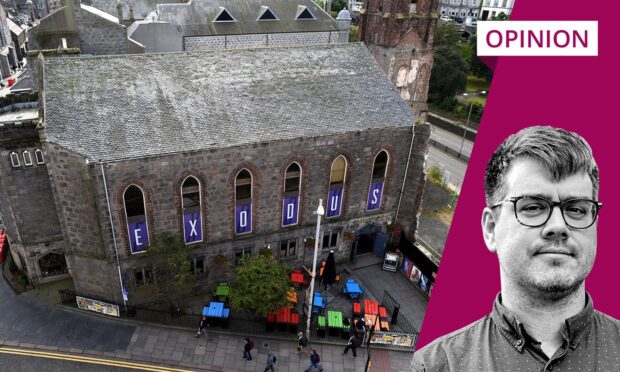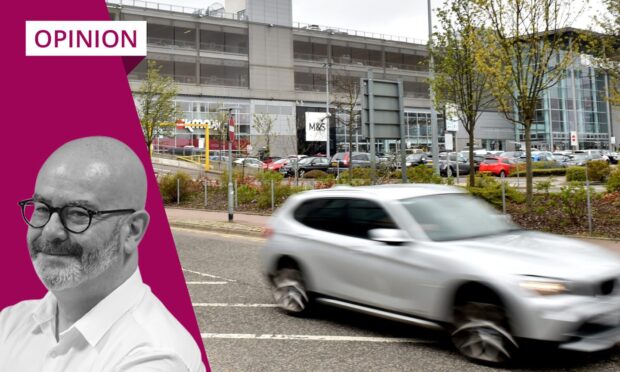The ridiculous fantasy of fairytale royalty is being blown apart, and the British public aren’t happy, writes Catherine Deveney.
Having once – literally – wiped the blood off my kitchen floor after two brothers lashed out, William and Harry’s scrap in the kitchen, during which the dog’s bowl got broken where Harry fell, doesn’t surprise me.
Not laudable, maybe, but certainly the most normal part of a thoroughly pernicious lifestyle. Sibling rivalry is a common enough recipe: mix two parts ego with one part jealously, sprinkle liberally with resentment and anger, add a dash of fear – and the cake will be perfectly cooked.
Yes, William and Harry I understand. It’s the public I don’t get.
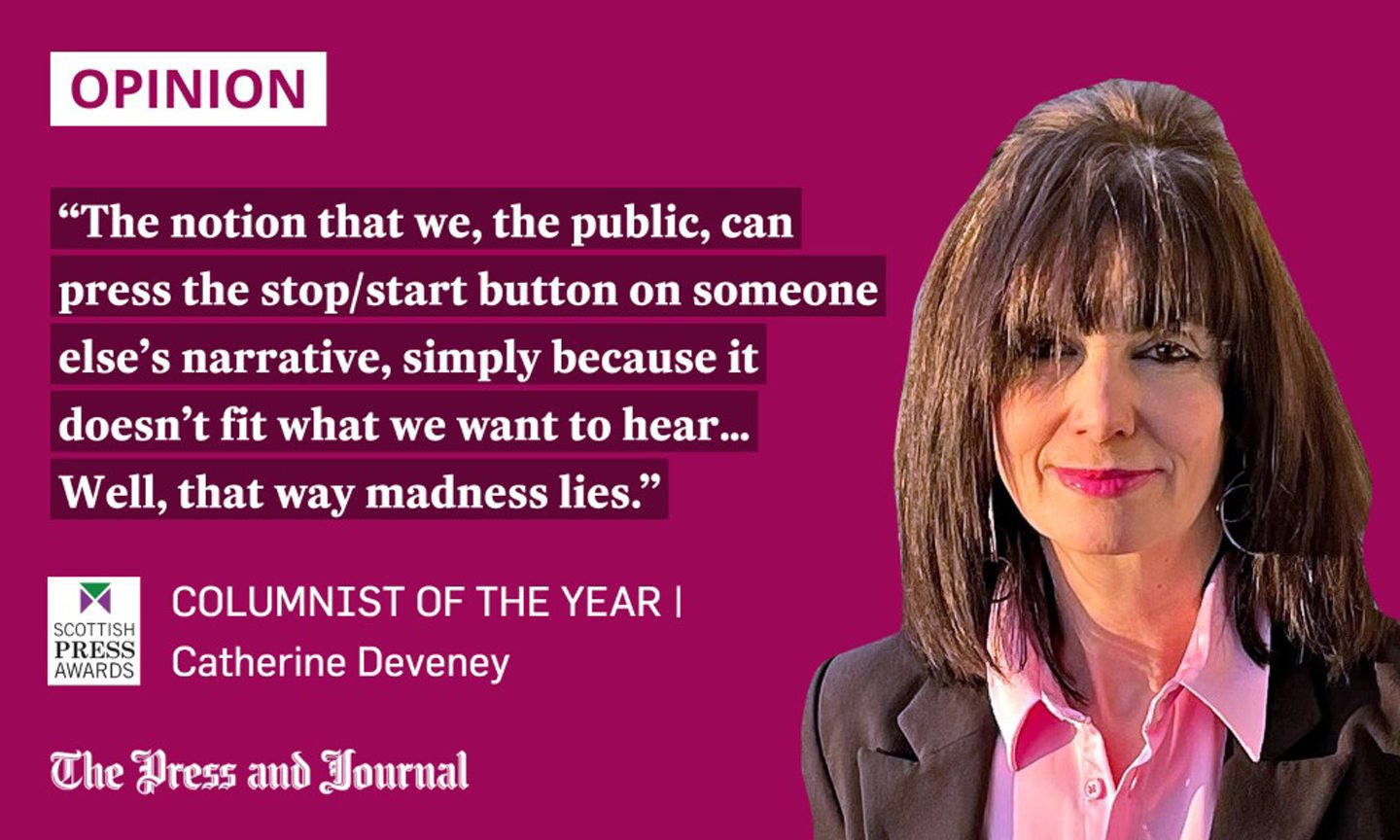
The toxic outpouring, both in the press and on social media, about Harry and, particularly, Meghan Markle, displays a level of public anger that is clearly not about what it says on the tin.
Here’s a truth about emotion: it is not a single malt, but a cocktail. When teaching creative writing, I show a video of someone crying and ask participants to list the different emotions they spot in the person’s face. Those secondary emotions are the fuel for the primary one of sadness.
It would be an interesting experiment to conduct using a segment of Harry’s interview. Anger? Certainly. But anger isn’t just pure anger. It is also hurt, or disappointment, or betrayal.
Resentment fuels public anger
In all the revelations – and we’ll consider the criticism of Harry for speaking out later – the most poignant was his assertion: “I want a family, not an institution.” Yet, the institution is the very reason that he can’t HAVE that normal family. It’s the raison d’être for the Windsors’ dysfunctional behaviour: loyalty is not to family members but to some notional concept of “the Firm”. A bit like the mafia.
Institutions take on a life of their own. Whether it’s the monarchy, the courts, big business or the churches, institutions are utterly ruthless in the face of opposition.
The royals plant stories about each other in the press. The courts knowingly incarcerate innocent men to maintain public confidence in “justice”. Big business sacrifices loyal employees to maintain profit. The churches silence abuse victims to maintain the fantasy of a perfect priesthood.
But, as Harry points out, “no institution is immune to accountability.”
Those who give absolute loyalty to institutions are usually destined for absolute disappointment. As a journalist, I have observed that, when the scales fall from the formerly loyal adherent’s eyes, they become the most vociferous opponents of all, because their opposition is fuelled by a sense of betrayal.
But the public? What fuels their anger? Resentment, it seems to me
The institution is not what they thought. Their place in it is not what they thought. The emotional cocktail now includes resentment and hurt and disappointment. All of this is visible in Harry’s behaviour, and in his eyes.
But the public? What fuels their anger? Resentment, it seems to me – that the fantasy of fairytale royalty is being blown apart. They might as well rage against being told Santa Claus isn’t real.
Royal ‘family’ is an institutional illusion
What did they expect? The Royal Waltons? Some absurd notion that members of one family are above the rest of us, worthy of respect simply because of the birth lottery?
How ironic that the royal “family” is society’s pinnacle of perfection, yet it doesn’t, as Harry points out, really exist. It’s just an institutional illusion.
Ironic, too, that critics of Harry’s “whingeing” – like Piers Morgan – would never silently tolerate years of criticism of their partner, or their stepmother continually badmouthing them to the neighbours. They would rant endlessly.
In Harry’s case, the racism, misogyny and media bias are pretty obvious to those prepared to look.
Then there’s the ruthless withdrawal of establishment support and security measures. What exactly is an ex-prince meant to do in that situation? Push trolleys at Tesco? He can’t be royal because he’s normal, and he can’t be normal because he’s royal.
Good for Harry
It is a peculiarly British foible to assume that silence is golden and truth-telling is somehow a weakness. Mental health? The Brits would have you under a bus rather than talk.
William and Kate have succumbed to stuffed shirt syndrome, but Harry has shaken off the shackles – and good for him. Yes, there are things that it might have been wise to say less about. But it’s his story and his judgment to make, not ours.
The notion that we, the public, can press the stop/start button on someone else’s narrative, simply because it doesn’t fit what we want to hear… Well, that way madness lies.
“What’s the point of talking?” People ask. The point? Truth is the point. Change is the point.
Harry says he still believes in royalty. I don’t. But, even if you do, at least base it on reality.
Right now, the whole rotten edifice is more nightmare than fairy tale. Public anger at having this pointed out helps nobody. Least of all, someone who is quite clearly traumatised by events, both past and present. A few cuts and a broken dog bowl are the absolute least of it.
Catherine Deveney is an award-winning investigative journalist, novelist and television presenter, and Scottish Newspaper Columnist of the Year 2022
